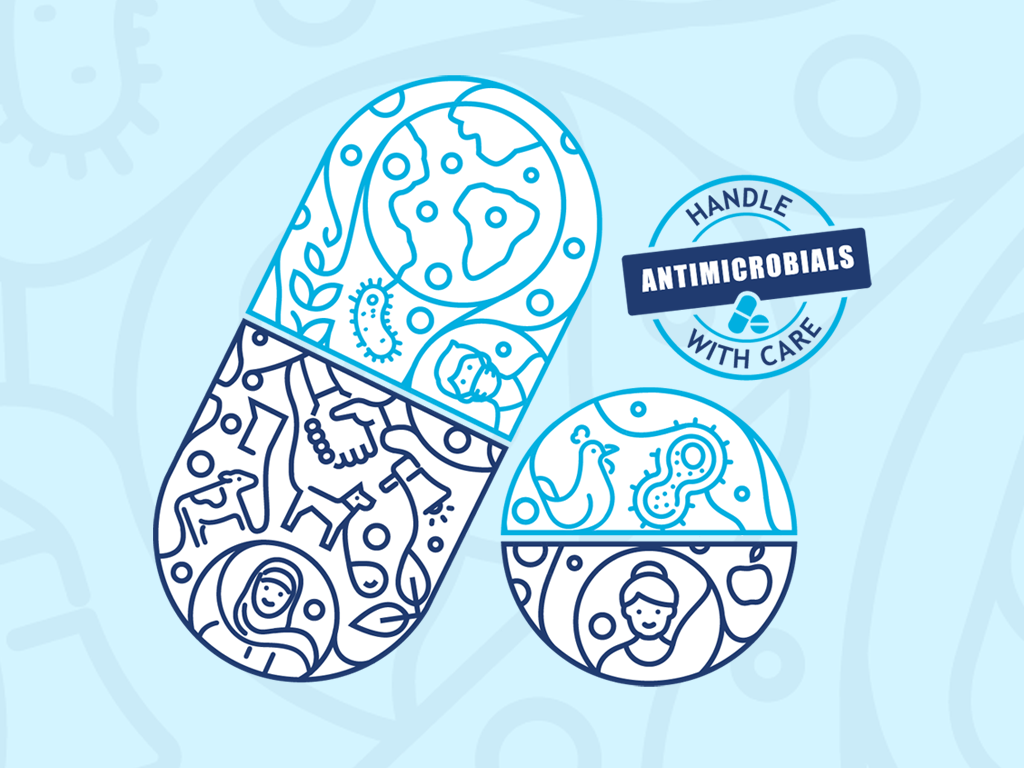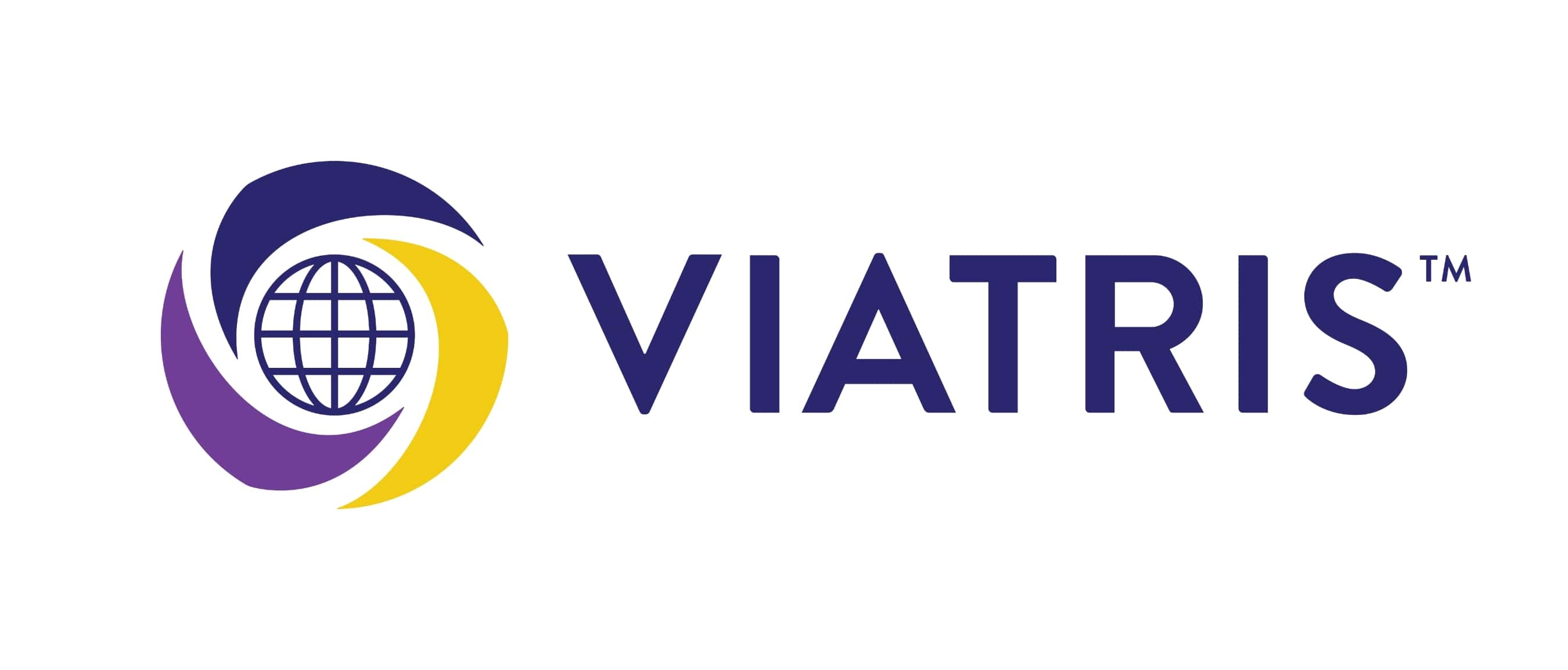Stewardship, Policy, Collaboration Key to Fighting Antimicrobial Resistance
By: Erika Satterwhite

The development of antibiotics has been widely hailed as one of the top medical breakthroughs of the 20th century, allowing people to survive formerly life-threatening bacterial infections.
Unfortunately, addressing disease resistance to antibiotics – known as antimicrobial resistance, or AMR – has emerged as a top priority of the 21st century, one that will require global partnership across many stakeholders to solve.
Bacterial AMR is accelerating due to two overarching causes: misuse of existing antibiotics and lack of access to appropriate antibiotics. If AMR continues to spread, the consequences could be significant. Treatments like chemotherapy for cancer or common surgeries such as cesarean sections or hip replacements rely on the effective use of antibiotics to prevent infection.
According to a comprehensive analysis published in the British medical journal Lancet, nearly 5 million people died in 2019 from causes associated with bacterial AMR, placing it just behind heart disease and stroke among the top three causes of death worldwide. And those numbers don’t even account for fungal and viral AMR.
Young children are at particularly high risk: globally, 1 in 5 deaths attributable to AMR occur in children under 5 years old.
Viatris is a founding member of the AMR Industry Alliance, convening stakeholders across biotech, diagnostic, generic and pharmaceutical industries to build common solutions and break down barriers to access, while educating health care professionals on the appropriate use of antibiotics.
Many antibiotics have been available as generics for several years and in some cases, they are no longer economically viable for companies to produce or sell. This reality can elevate the risk for supply disruption.
Policymakers and payers need to recognize that market incentives must go beyond new product introduction and include preservation of the availability of older products. One of the learnings of the COVID-19 pandemic is that global problems require global solutions, but local policies are the difference between life and death and access to critical medicines.
Globally, governments must work together on AMR through surveillance networks, data sharing and securing global supply chains to ensure broad and equitable availability and access to diagnostics and medicines. Locally, governments must ensure policies support efforts to address AMR, from appropriate use of antibiotics to market viability.
And governments at all levels need to work together with industry, NGOs and society to ensure that policies don’t have unintended consequences. Patients worldwide also need to play a part in making educated decisions around treatment, the proper use of antibiotics, as well as the potential consequences of misuse.
As a global healthcare company, Viatris takes seriously the importance of addressing AMR, including in our policy engagement with stakeholders. Our collective collaboration will be key to addressing this top priority for empowering people worldwide to live healthier at every stage of life.
Successfully fighting AMR requires a multipronged approach. Some key strategies include:
- Proactive prevention of infections through increased efforts in hygiene and sanitation, hospital-based infection control and vaccination (both for bacterial pathogens and for viral infections, which will prevent overuse/misuse of antibiotics).
- Education of health care providers and patients about the proper use of antibiotics.
- Better stewardship of existing antibiotics by using them only when relevant, at the appropriate dose and for the right amount of time, an effort that requires accurate diagnoses.
- Collaboration by a variety of disciplines, including industry, NGOs and governments to develop new ways to address unmet needs.

